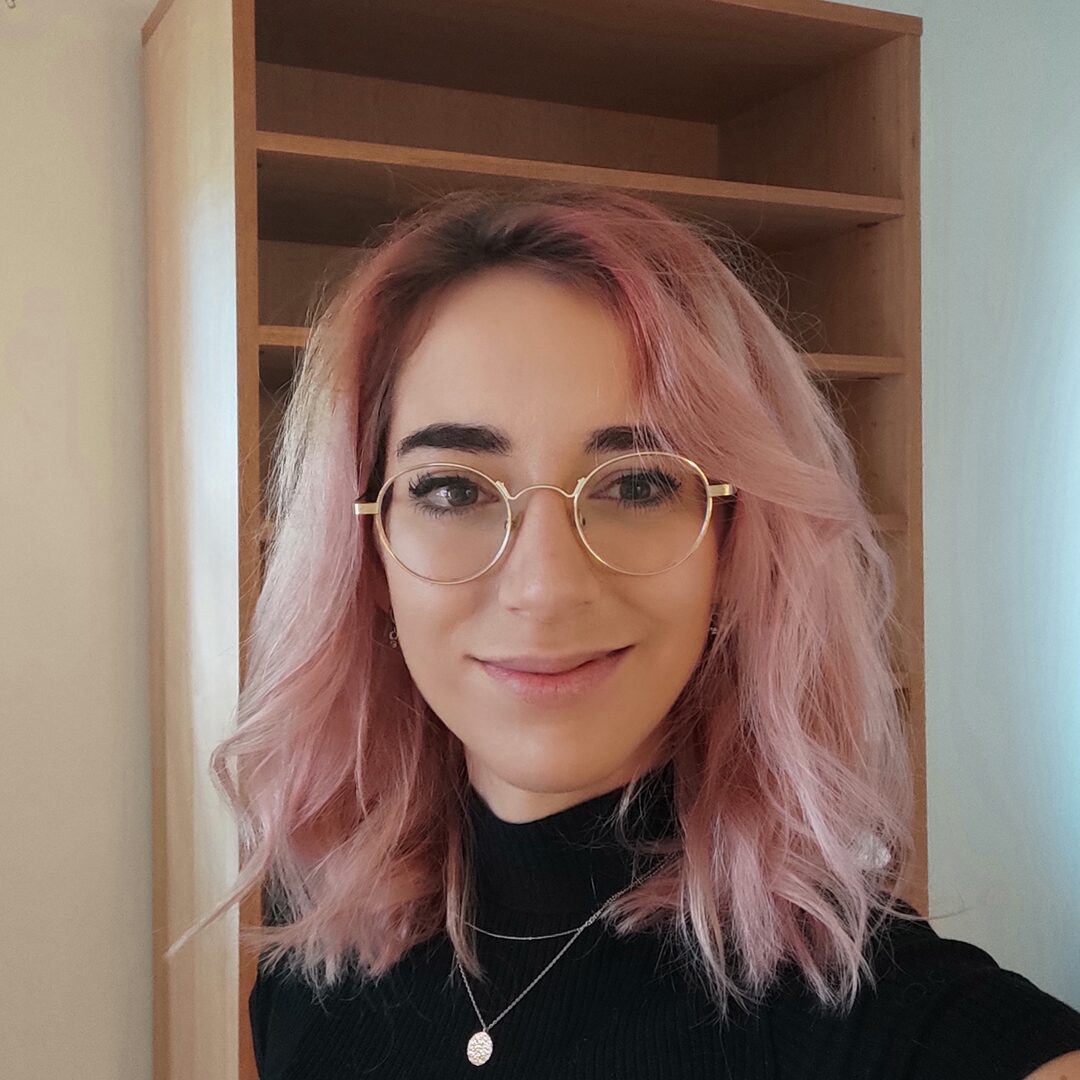Current Members
Principal Investigator
Marco Terenzio
Marco Terenzio carried out his PhD in the laboratory of Prof. Giampietro Schiavo at Cancer Research UK in London, with the aim of identifying regulators of neurotrophin receptors endosomal distribution in motor neurons. After a brief first postdoc at the German Cancer Research Centre (DKFZ) in Heidelberg, Germany, where he studied the mechanisms of mitochondrial clearance, he joined the laboratory of Prof. Mike Fainzilber at the Weizmann Institute in Israel, where he investigated the mechanisms underlying cell length sensing in neurons and the axonal translational response to sciatic nerve injury.
Link to the full bio: https://groups.oist.jp/ja/mnu/marco-terenzio
Group Leader
Laurent Guillaud
Laurent got his PhD in Cell Biology in the Laboratoire du Cytosquelette INSERM/CEA in France, where he worked on the organization and stabilization of the neuronal microtubule cytoskeleton. In 1999, he moved to the Department of Cell Biology and Anatomy of the Graduate School of Medicine at the University of Tokyo, where he studied intracellular transport and molecular motors. In 2009, he joined the Cellular and Molecular Synaptic Function Unit at OIST, where he worked on vesicles trafficking and synaptic organization and function. In 2020, he joined the Molecular Neuroscience Unit, to work on the mechanisms of local mRNA translation and protein synthesis in axon, as well as on the mechanisms of liquid phase separation in neurons, and their roles in neuronal homeostasis and neurodegeneration. He specializes on high-resolution imaging approaches to study the cell biology of neurons.
Postdoctoral Scholars
Sandra De la Fuente Ruiz
I graduated in Biomedical sciences at the University of Lleida in 2010. During this time, I already was interested in neuroscience and I focused on this field both in my internship periods and in the development of my final degree project. After completing a master's degree in biomedical research, I did my doctoral thesis at the same university. From the very first moment I was fascinated by how neurons work and communicate in our nervous system. For that reason, during my PhD I focused on the study of the motoneuron pathology that occurs in Spinal Muscular Atrophy. My main objective was to contribute to the knowledge on the motoneurons functioning and the development of possible therapeutic strategies using mouse primary cell culture as well as in vivo model and mouse stem cell cultures and human induced pluripotent stem cells cultures. My interest in neuroscience and fascination with neurodegenerative diseases has only increased over the years. My current work focuses on the use of human induced pluripotent stem cells cultures to study Amyotrophic Lateral Sclerosis, a rapidly progressive neurodegenerative disease, which also affects motoneurons and which currently has no cure.
Ph.D. Students
Maria Emily
I got my Bachelor’s degree in Biological Sciences from the University of Tsukuba where I specialized in micro and molecular biology. I am interested in the molecular mechanisms that happen in axons, especially those contributing in neurodegenerative diseases. During my first rotation at OIST, I had the chance to work with microfluidic chips and it piqued my interest to utilize microfluidics in my research. Since microfluidics has been utilized to study axons, working as a rotation student in Molecular Neuroscience Unit gives me an interesting chance to combine molecular biology and microfluidics together.
Fregoso Fernandez Esteban Gabriel
I graduated from medicine at Universidad de Guadalajara and worked in the clinical field for 3 years. In that time, I joined 2 neuroscience laboratories and got experience in basic and clinical research. Then, inspired by the lack of treatment options for neurological diseases/injuries, I decided to study an MSc in Regenerative Medicine at the Queen Mary University of London.
Now, I want to continue studying neuro-regeneration at OIST for my Ph.D. and conduct translational research in the long-term future.
Amy Xia Yi Yong
I graduated from King’s College London with my Bachelors in Pharmacology and Molecular Genetics, during which I spent my extra mural year at the National University of Singapore studying the protective effects of Receptor-interacting Protein 2 gene silencing in cigarette smoke-induced acute lung injury. After graduating I worked as a research assistant looking to identify genetic modifiers in Spinal Muscular Atrophy using C. elegans. Coming to OIST I was interested in further research into neurodegenerative diseases and its molecular mechanisms.
Research Unit Administrator
Akiko Guzman
I oversee the unit's adminstrative work. I enjoy working in such a diverse research unit. Outside of work, I love to eat and travel.






